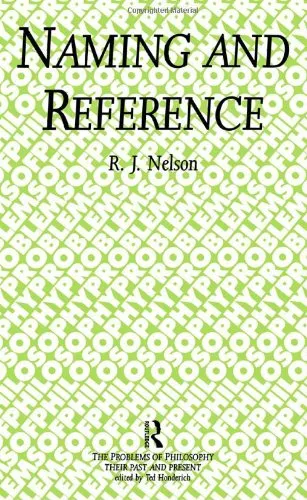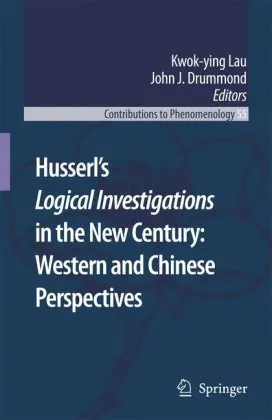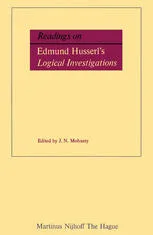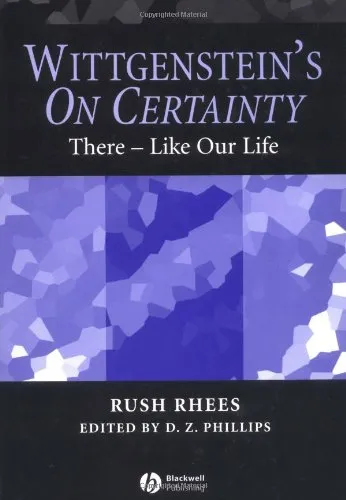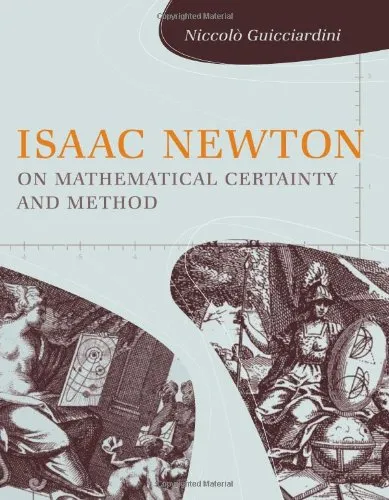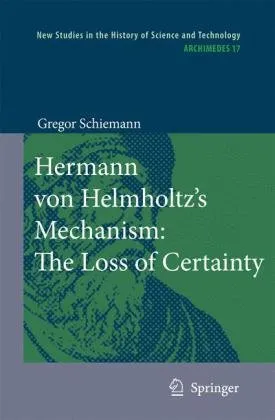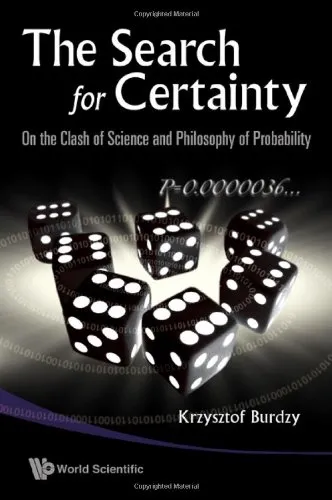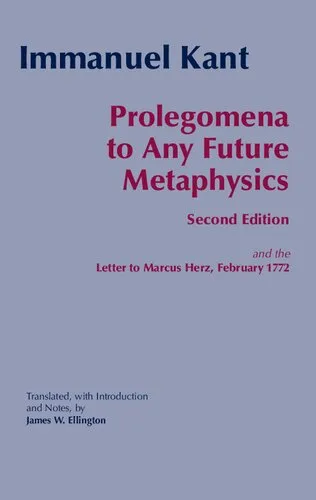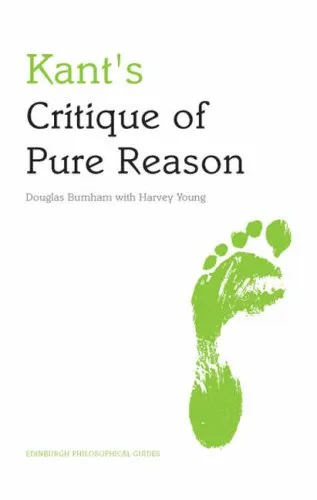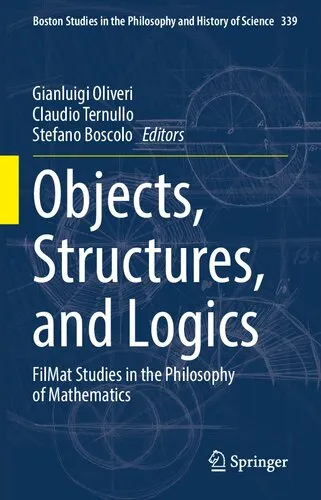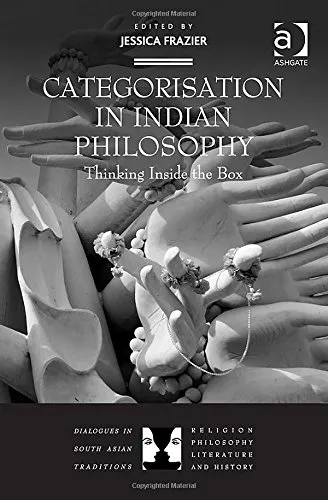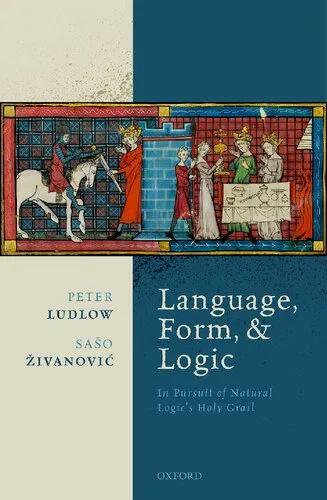Understanding Wittgenstein's On Certainty
4.5
Reviews from our users

You Can Ask your questions from this book's AI after Login
Each download or ask from book AI costs 2 points. To earn more free points, please visit the Points Guide Page and complete some valuable actions.Related Refrences:
Welcome to an exploration of one of Ludwig Wittgenstein's final philosophical works, 'On Certainty'. Within the pages of 'Understanding Wittgenstein's On Certainty', readers are invited to delve into Wittgenstein's intricate exploration of knowledge, doubt, and certainty through detailed examinations and interpretations. This book serves as a comprehensive guide to understanding the profound insights contained within 'On Certainty'.
Detailed Summary of the Book
In 'Understanding Wittgenstein's On Certainty', the reader is taken on a journey through Wittgenstein's thoughts, meticulously untangling the threads of his arguments and his unique approach to epistemology. Wittgenstein’s notes and reflections, put together posthumously as 'On Certainty', are a response to the skepticism regarding foundational knowledge. They were notably influenced by the work of G.E. Moore, particularly Moore's "Proof of an External World" and his defense against skepticism.
The book breaks down Wittgenstein's insights into how we know what we know and how certain types of knowledge become immune to doubt because they underpin the very structure of our language and beliefs. Through this analysis, Wittgenstein challenges the traditional views on what constitutes knowledge. Readers will find an in-depth exploration of Wittgenstein's radical position that foundational beliefs exist outside the realm of traditional empirical inquiry, forming bedrock certainties that guide our language games and interactions.
Key Takeaways
- Wittgenstein criticizes the idea that knowledge needs ultimate justification, showcasing how certain kinds of foundational knowledge are outside the skeptic's challenge.
- His work paves the way for a novel perspective wherein the bedrock of our empirical beliefs are not subjected to doubt as their function is more grammatical than empirical.
- Wittgenstein offers a paradigm shift in thinking about language and reality, suggesting that language provides the framework that allows us to understand life’s certainties and doubts.
- The book illustrates how Wittgenstein's thoughts intersect with everyday life, emphasizing practical certainty over theoretical knowledge.
Famous Quotes from the Book
“Here is one hand, and here is another.”
“If you do know that here is one hand, we'll grant you all the rest.”
Why This Book Matters
'Understanding Wittgenstein's On Certainty' is an important resource for any philosopher, student, or reader who seeks to delve into the depths of epistemological studies. Wittgenstein’s exploration of the framework of certainty, challenging norms, and exploring the subconscious rules that guide our understanding, speaks to the very heart of philosophical inquiry into knowledge and belief. The book elucidates how Wittgenstein's ideas remain relevant today, influencing various domains such as cognitive science, linguistics, and the philosophy of mind.
For anyone interested in the intersections of language, thought, and reality, this book provides a foundational understanding and appreciation of Wittgenstein’s method and his revolutionary ideas. By the end of this insightful analysis, readers will not only grasp Wittgenstein’s positions on certainty but will also be able to apply these philosophical insights in practical contexts throughout their personal and professional lives.
Free Direct Download
You Can Download this book after Login
Accessing books through legal platforms and public libraries not only supports the rights of authors and publishers but also contributes to the sustainability of reading culture. Before downloading, please take a moment to consider these options.
Find this book on other platforms:
WorldCat helps you find books in libraries worldwide.
See ratings, reviews, and discussions on Goodreads.
Find and buy rare or used books on AbeBooks.
1351
بازدید4.5
امتیاز0
نظر98%
رضایتReviews:
4.5
Based on 0 users review
Questions & Answers
Ask questions about this book or help others by answering
No questions yet. Be the first to ask!

